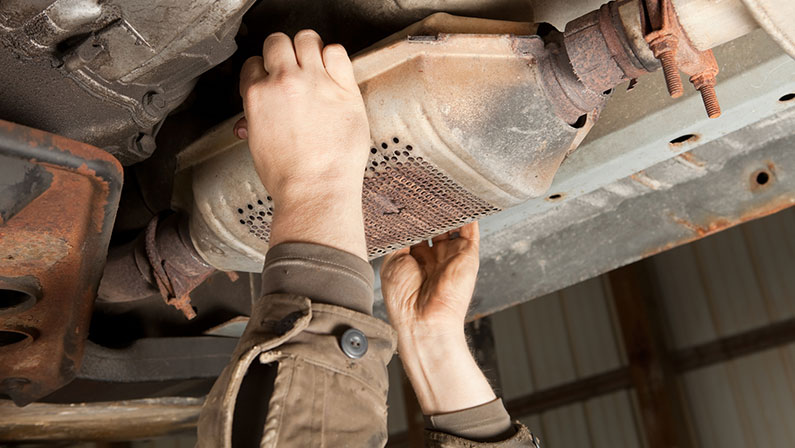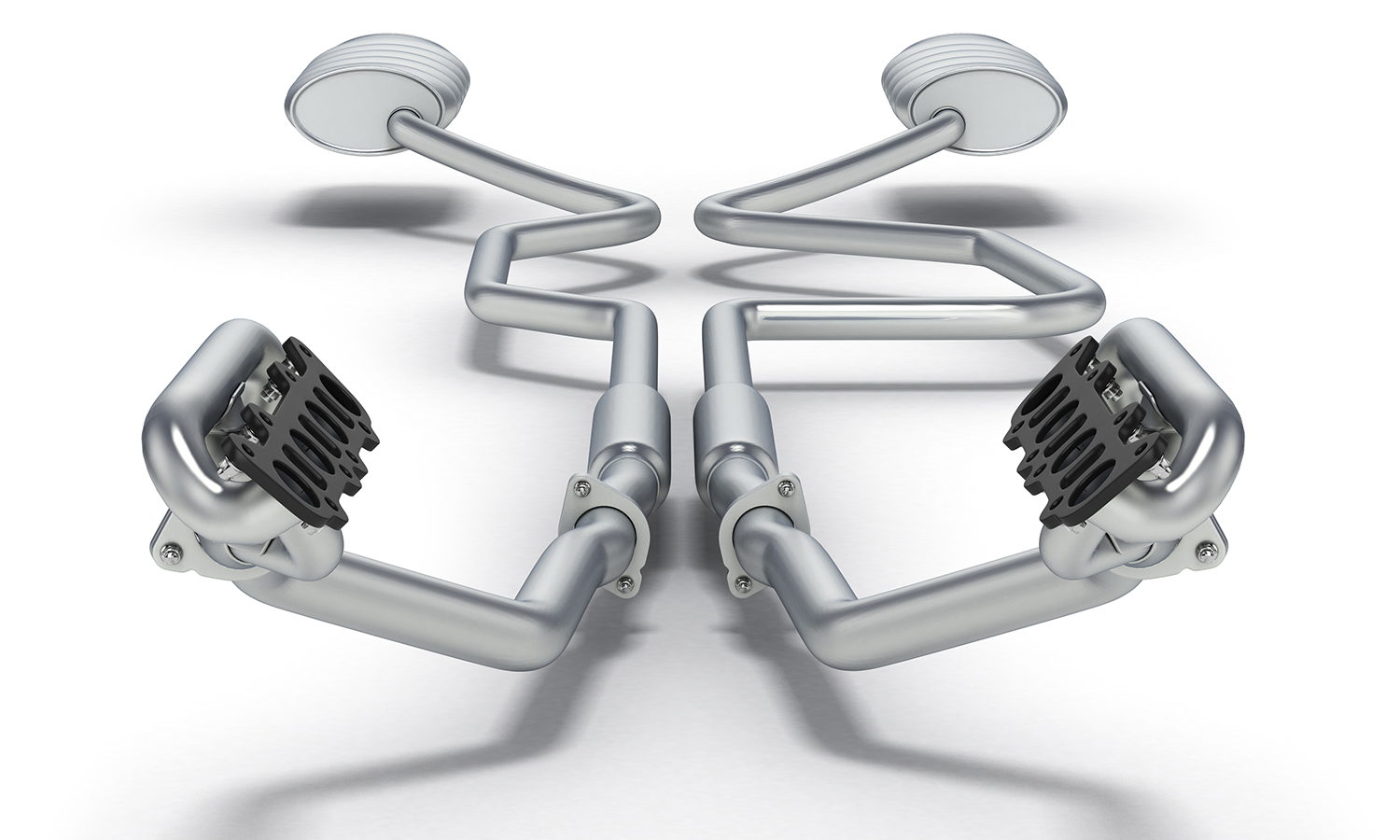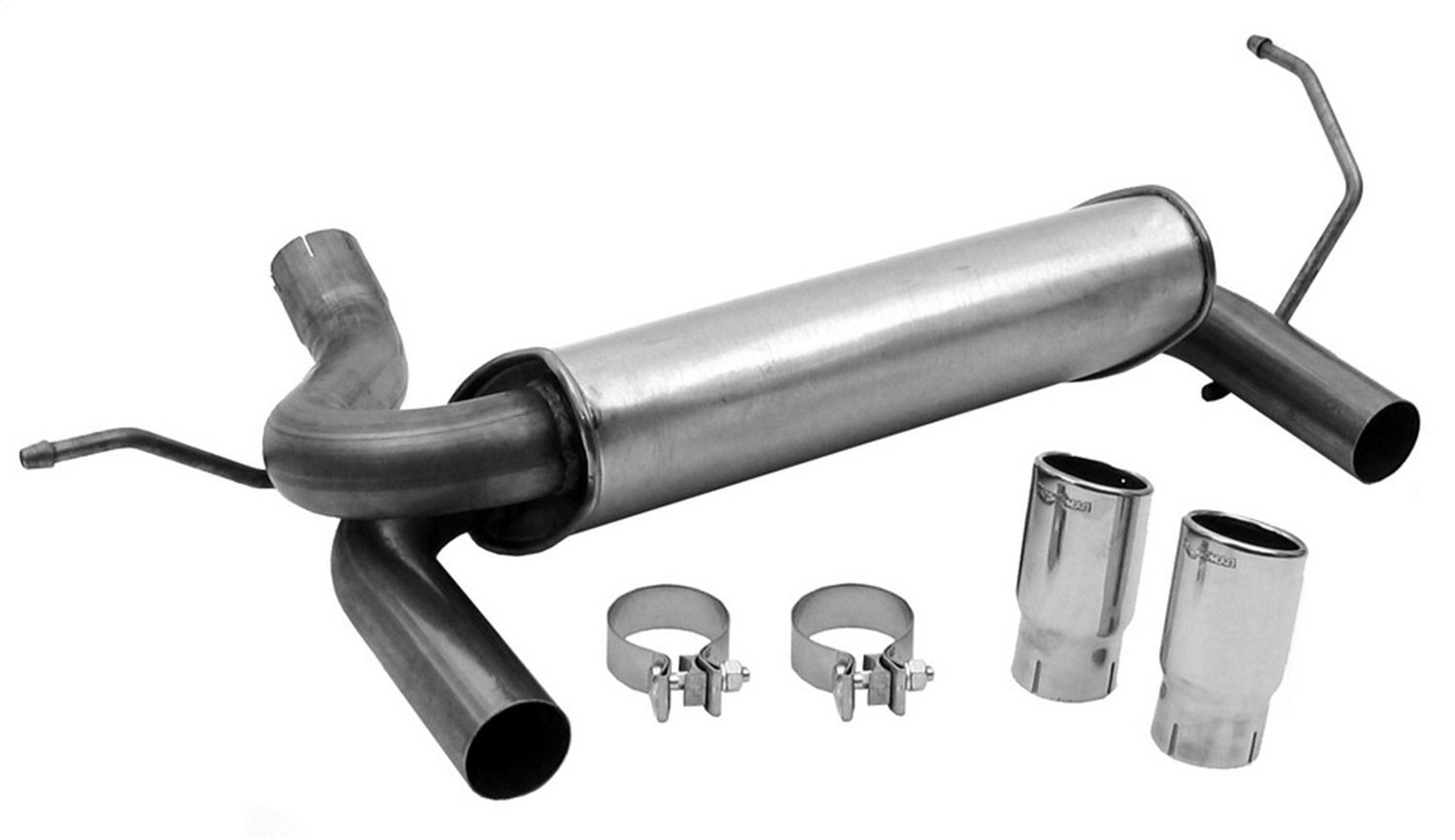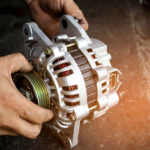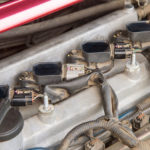Check under your car and you’ll notice what looks like multiple mufflers underneath. The one closest to your car’s engine is the catalytic converter, tasked with neutralizing the harmful pollutants found in exhaust gases before passing them through the rest of the exhaust It’s a silent, thankless job, but also one that results in cleaner air and improved overall performance.
Despite being intended to last for the life of the vehicle, catalytic converters can suffer early failure for a variety of reasons. Multiple misfires, physical damage, and the failure of other emissions-related systems can cut your catalytic converter’s lifespan short. The resulting aftermath of a failed catalytic converter can also hurt your vehicle’s overall performance in a variety of ways.
Emissions Test Failure
If you live in a region that requires annual emissions testing, a failed test will likely be your first sign of a failed catalytic converter. An ailing catalytic converter will allow harmful pollutants to pass through the exhaust system unscathed, putting your vehicle outside the allowable limits for most emissions tests. A bad catalytic converter will almost always guarantee a failed emissions test.
An ailing catalytic converter can also be a roadblock to renewed registration, as most states won’t allow you to register a vehicle or renew existing registration without a clean bill of health from your nearest emissions testing center.
Lack of Power
With a failing catalytic converter, you might notice that your car doesn’t have the same verve it used to. Acceleration is a bit more sluggish, and it takes longer to reach safe cruising speeds. You’ll also notice it takes longer to safely overtake other vehicles, which could prove a dangerous disadvantage on two-lane roads. That’s because catalytic converters usually become clogged as they fail, preventing gases from freely passing through the exhaust system.
The unexpected obstruction also adds back pressure to the engine, throwing off its air/fuel ratio and making it run poorly. A clogged catalytic converter can even cause your vehicle to stall. If you value your vehicle’s performance, then you should have your catalytic converter replaced as soon as possible.
Poor Fuel Economy
A bad catalytic converter can also cause you to lose out when it comes to fuel economy. Your car’s engine will work harder to overcome the symptoms of a bad catalytic converter and use more fuel in the process. As a result, you’ll notice a steady decline in your vehicle’s average fuel economy the longer you drive your vehicle with a bad catalytic converter.
No Start Condition
Under extreme cases, a failed catalytic converter can become so clogged up that the resulting exhaust backpressure prevents your engine from starting. You may encounter this issue if you drive your vehicle with a bad catalytic converter long enough.
In short, a bad catalytic converter can do more than just smell like rotten eggs. You’ll also lose the performance and fuel efficiency that you’re used to getting, and it can even leave you stranded on the side of the road.

